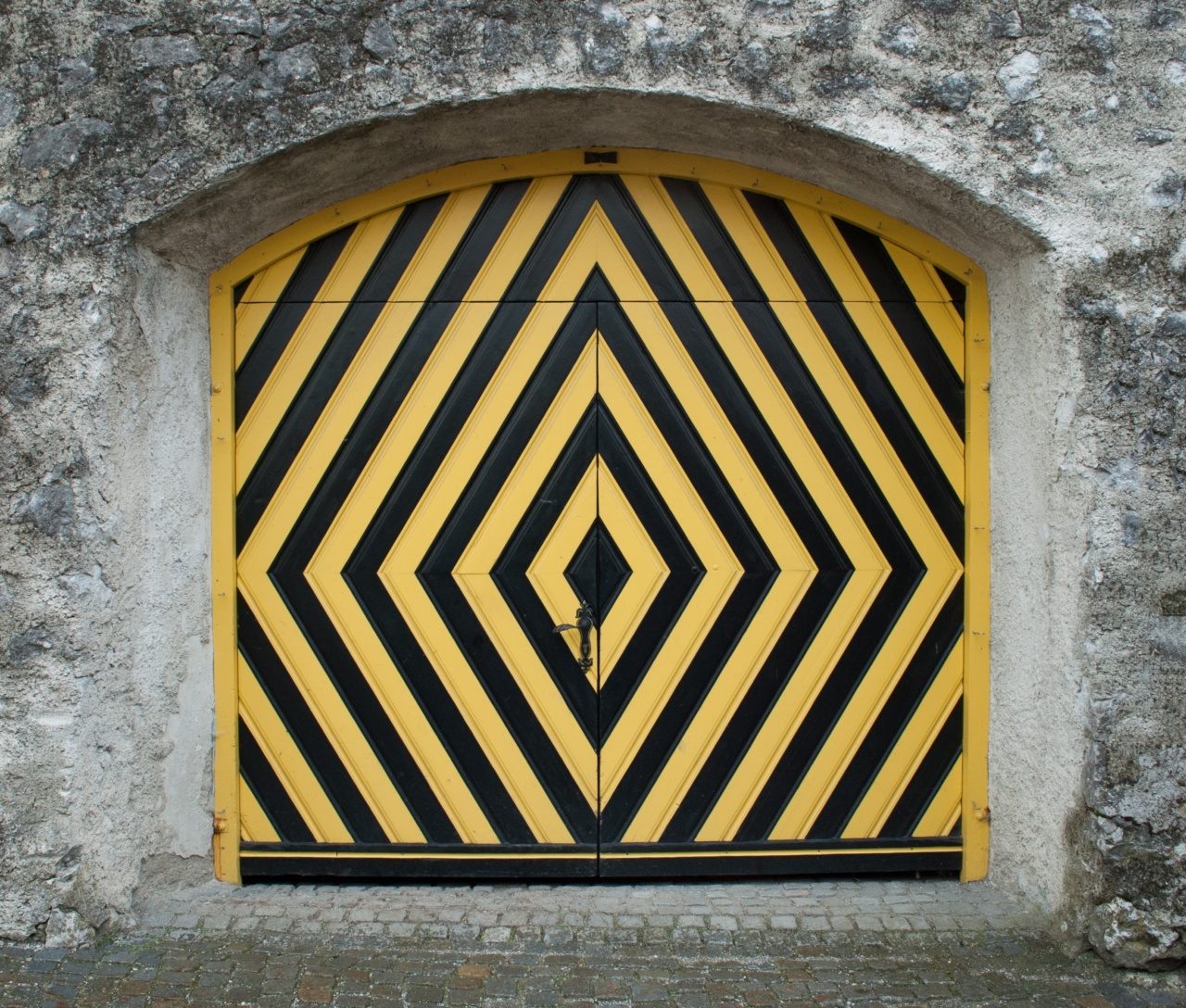Kidney stones, also known as nephrolithiasis, are solid crystals formed in the kidney or urinary tract. They are made of substances such as calcium, oxalate, and uric acid.
The size of kidney stones can vary from tiny stones that pass easily through urine to large stones that require medical treatment.
Though many people with kidney stones do not experience any symptoms, others may experience various warning signs that indicate the presence of kidney stones.
Knowing these signs can help you take proper precautions and seek timely medical attention if required.
1. Severe Pain in the Back, Abdomen or Groin
One of the most common and easily identifiable symptoms associated with kidney stones is severe pain in the back, abdomen or groin. The pain can be intermittent or constant, and it may be accompanied by nausea, vomiting, and sweating.
The pain can be so intense that it may require medication or hospitalization.
2. Painful Urination and/or Urgent Urination
Another symptom of kidney stones is painful or urgent urination. This occurs when the kidney stones irritate the urinary tract and cause inflammation.
The pain can be similar to the burning sensation experienced during a urinary tract infection, but it may be more severe and last longer.
3. Blood in Urine
Kidney stones can also cause blood in the urine, known as hematuria. The blood may be visible to the naked eye, or it may only be detected through a urine test.
Hematuria can be a sign of other medical conditions besides kidney stones, so it is important to get a proper diagnosis from a doctor.
4. Cloudy or Foul-Smelling Urine
Some people with kidney stones may notice that their urine appears cloudy or has a strong, foul odor. This can be due to the presence of bacteria in the urine, which can occur if the urinary tract is blocked by a kidney stone.
5. Difficulty Passing Urine
In some cases, kidney stones may obstruct the urinary tract, making it difficult to pass urine. This can cause discomfort, as well as increase the risk of urinary tract infections and other complications.
People experiencing difficulty passing urine should seek medical attention right away.
6. Nausea and Vomiting
Kidney stones can also cause nausea and vomiting, especially if the pain is severe. This occurs when the sensory nerves connected to the kidney and urinary tract are stimulated by the presence of the stone.
In addition to nausea and vomiting, some people may experience diarrhea or constipation.
7. Fever and Chills
Although rare, kidney stones can cause fever and chills, especially if they cause an infection. If you experience fever or chills in addition to other symptoms of kidney stones, seek medical attention promptly.
8. Fatigue and General Weakness
Chronic kidney stones can cause fatigue and general weakness, as the body expends energy to fight off the inflammation and pain associated with the stones.
If you experience chronic fatigue in addition to other symptoms of kidney stones, see your doctor right away.
9. Painful or Swollen Testicles
In some cases, kidney stones can cause pain and swelling in the testicles. This occurs when the stone becomes lodged in the ureter, which can cause pain and swelling in the testicles and groin area.
Men experiencing these symptoms should seek medical attention promptly.
10. Family History of Kidney Stones
In some cases, the risk of developing kidney stones may be inherited. If you have a family history of kidney stones, it is important to be vigilant for symptoms and adopt a lifestyle that minimizes the risk of developing them.
Conclusion
Kidney stones can be a painful and uncomfortable condition. Paying attention to the warning signs can help you seek prompt medical attention and prevent further complications.
If you experience any of the symptoms associated with kidney stones, consult your doctor immediately.





























